The Mere Exposure Effect
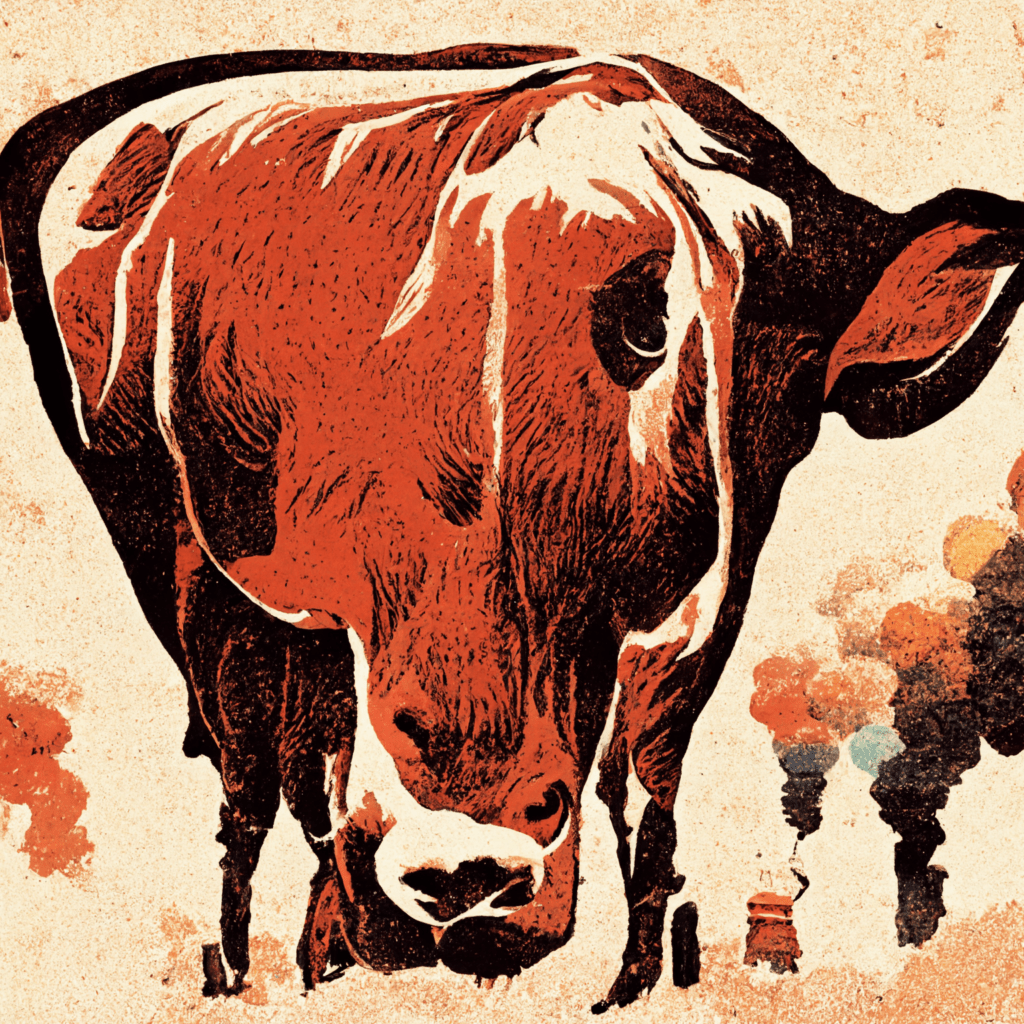
The Mere Exposure effect, a theory first proposed by social psychologist Robert Zajonc in the 1960s, holds that when people are familiar with something, they tend to prefer it. In addition, given a choice between two options, people will choose the item they have had the most exposure to, even if it is of poorer […]
The Default Effect
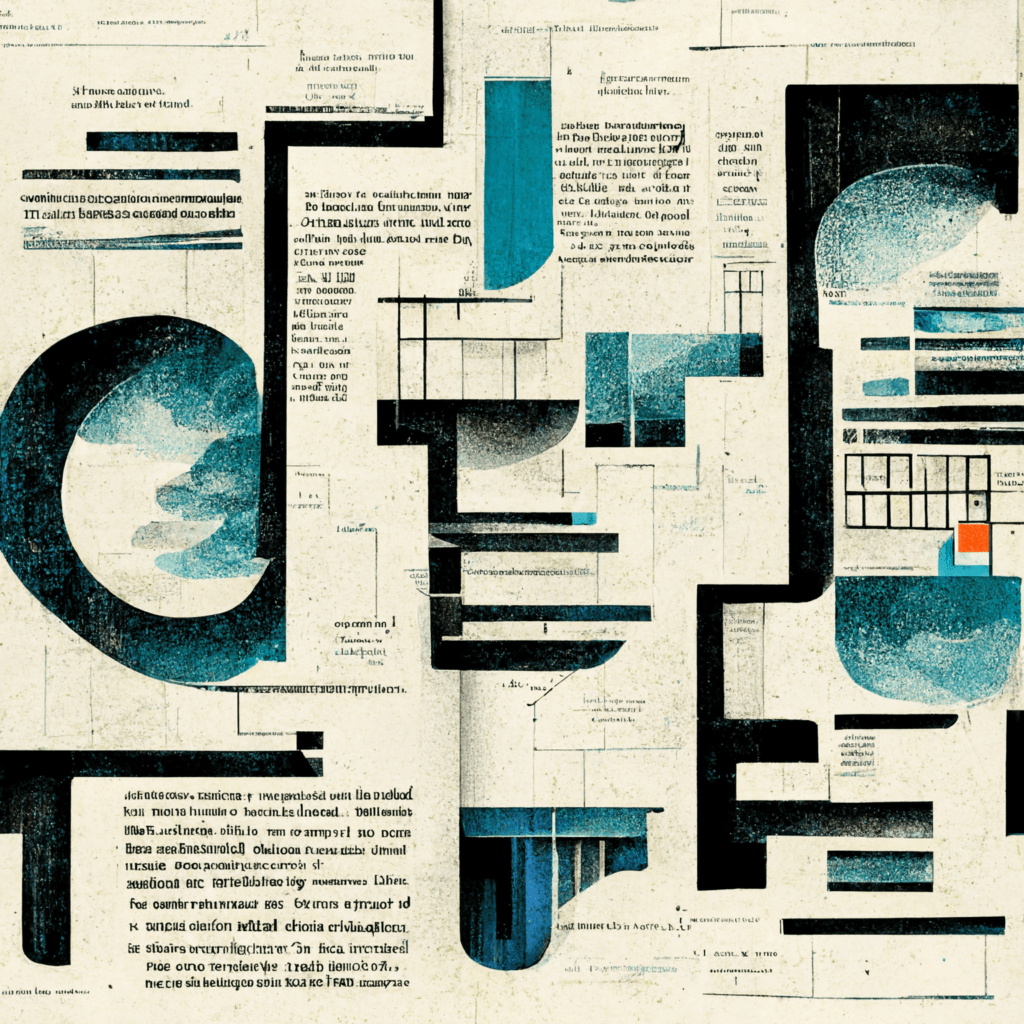
Defaults are pre-determined decisions that apply if a client doesn’t take any action. According to studies, consumers hardly ever alter the default settings. Microsoft discovered that 95% of users left everything at its default configuration, including important options like autosave. In terms of thinking, people are slothful. Defaults offer a cognitive shortcut and indicate what […]
Operational Transparency
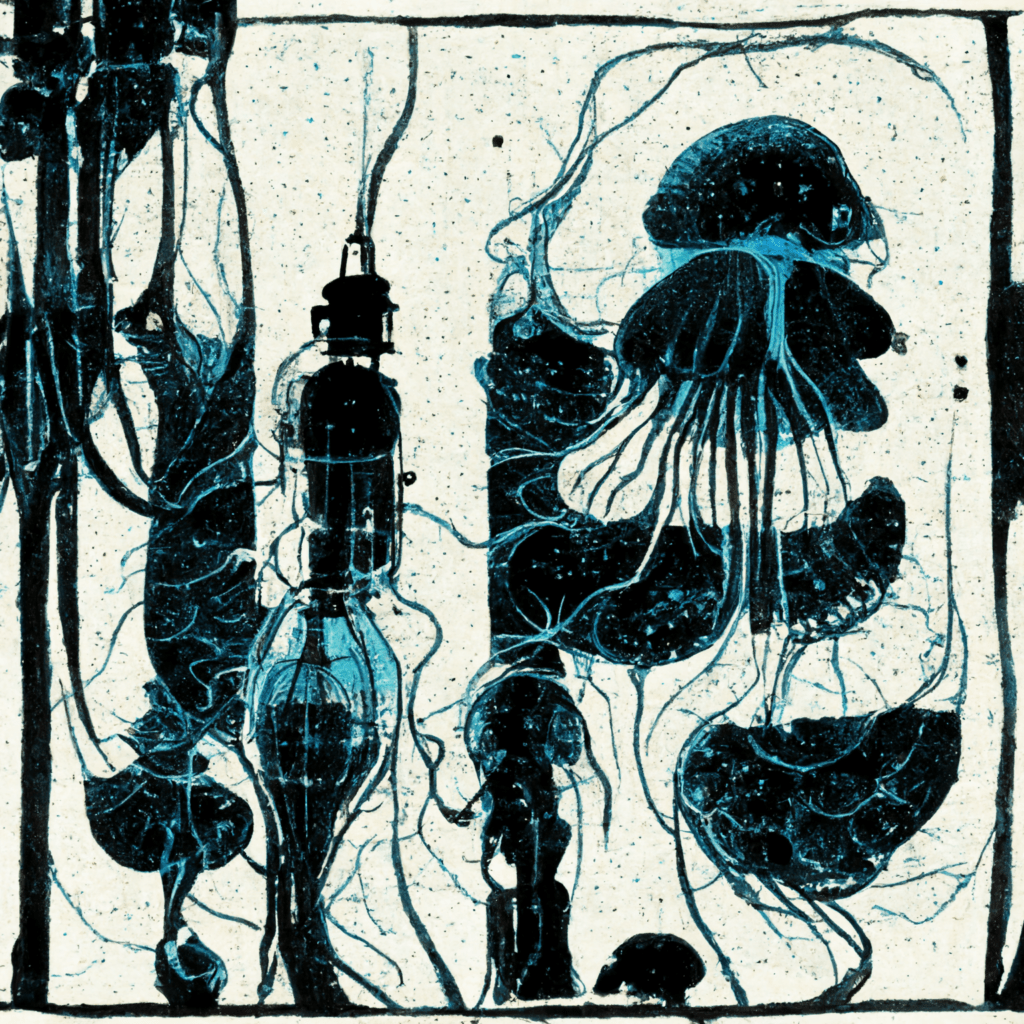
Operational Transparency is the approach your business uses to include windows so customers can view the work that goes into their experience. Recent studies have found that operational transparency increases customer value of the product and even makes individuals happy. Various research has proven operational transparency. For instance, in a study involving college cafeteria staff. […]
The Gruen Effect

Gruen Effect (also known as the Gruen Transfer). They end up forgetting why they went to the store in the first place, which leads to more impulse buys. Additionally, customers become absorbed in this novel experience and lose sight of time. Victor Gruen, an Austrian architect, is honored with the effect’s name. He spent his […]
Decision Fatigue
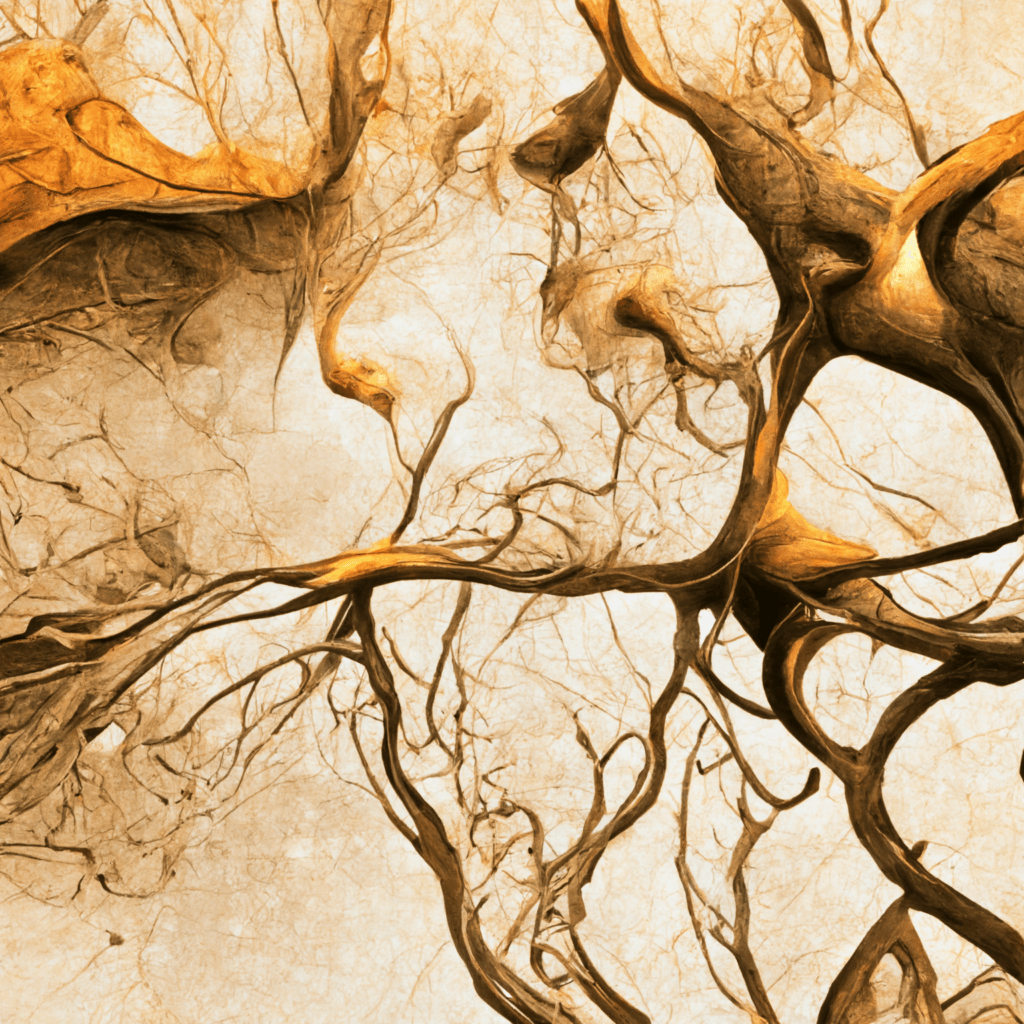
It takes a lot of mental effort to decide. Decision fatigue is the term used to describe how making a lot of decisions can drain a person’s mental resources, making them more prone to making bad decisions or refusing to make any decisions at all. Steve Jobs is known for fighting decision fatigue by dressing […]
Temporal Distortion

Time distortion, also known as temporal distortion, is a change in how someone perceives time. A temporal distortion has occurred when you have said to yourself, “I’ll only do this for five minutes,” while reading or playing a video game, only to look up and realize that two hours have passed. In retail and digital […]
Reciprocation
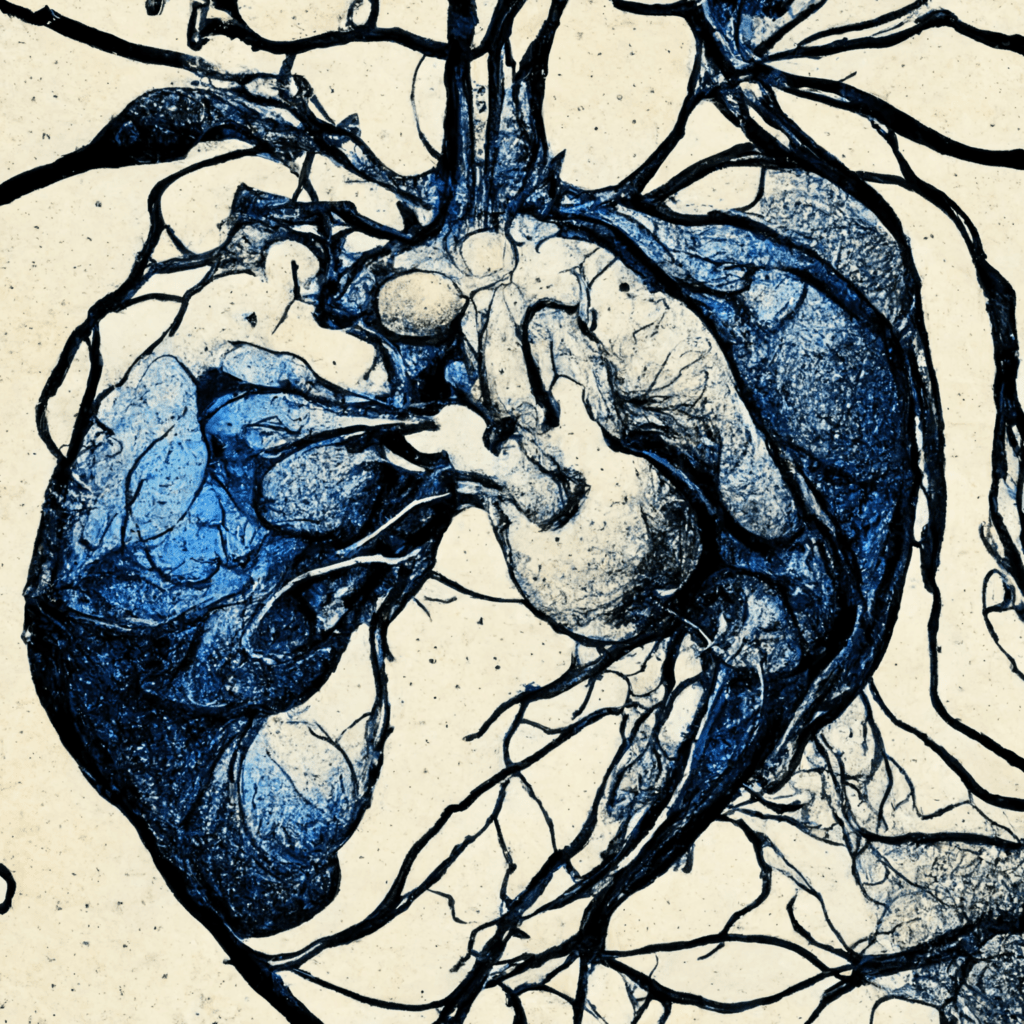
The social custom of reciprocating a favorable activity with another positive action is known as reciprocity. It’s the reason you feel owe someone when they do you a favor. Robert Cialdini’s book “Influence: The Psychology of Persuasion,” which became well known, The adage “You’ve got to give to get” can be used to describe reciprocity. […]
Environmental Priming
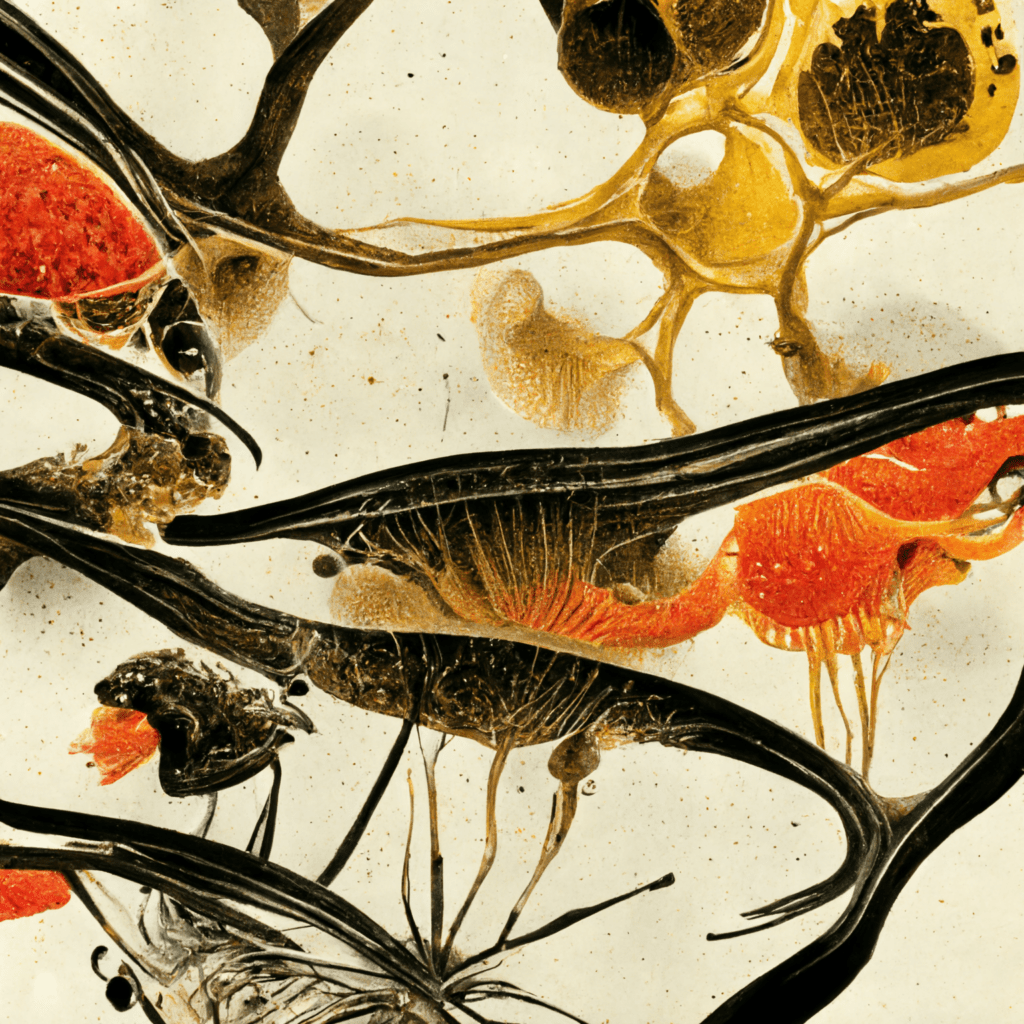
Priming is the process by which our brains activate unconscious connections in response to a stimulus, as was first shown in the 1970s (also called primes). In other words, the environment we are exposed to now affects how we act afterwards. Priming is passive, covert, and undetectable to the subject. And practically any stimulus has […]
The Zeigarnik Effect

The Zeigarnik Effect is the compulsion we have, even when we’re not very engaged in the task at hand, to finish what we’ve started. Bluma Zeigarnik, a Russian psychologist, first proposed this idea. She discovered that people remembered incomplete tasks more vividly than finished ones. Zeigarnik Effect: People recall incomplete tasks more vividly than completed […]
The Pratfall Effect
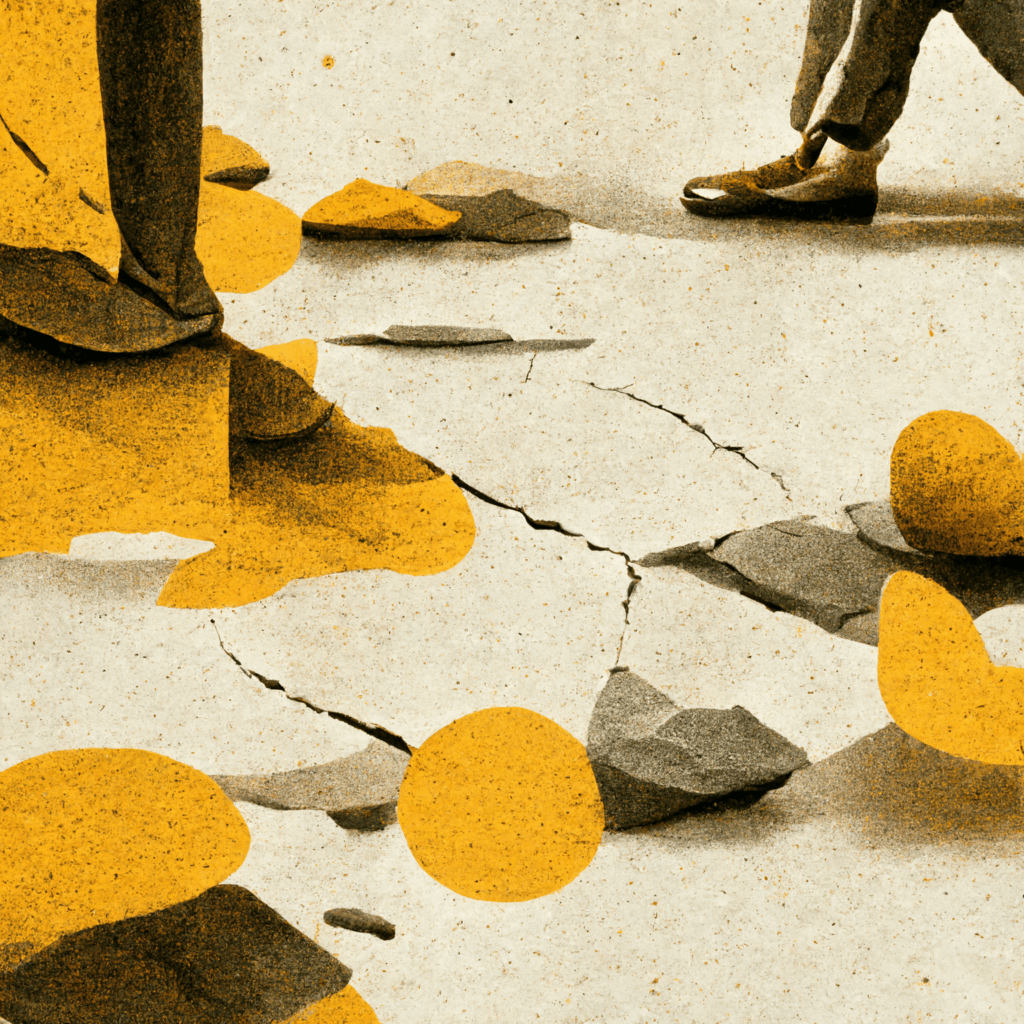
According to the Pratfall Effect, making mistakes might actually increase our likeability. However, it only works if people already perceive you as capable or performing above average. The Pratfall Effect is an unexpected twist on how people’s perceptions of us might shift when we make a mistake.